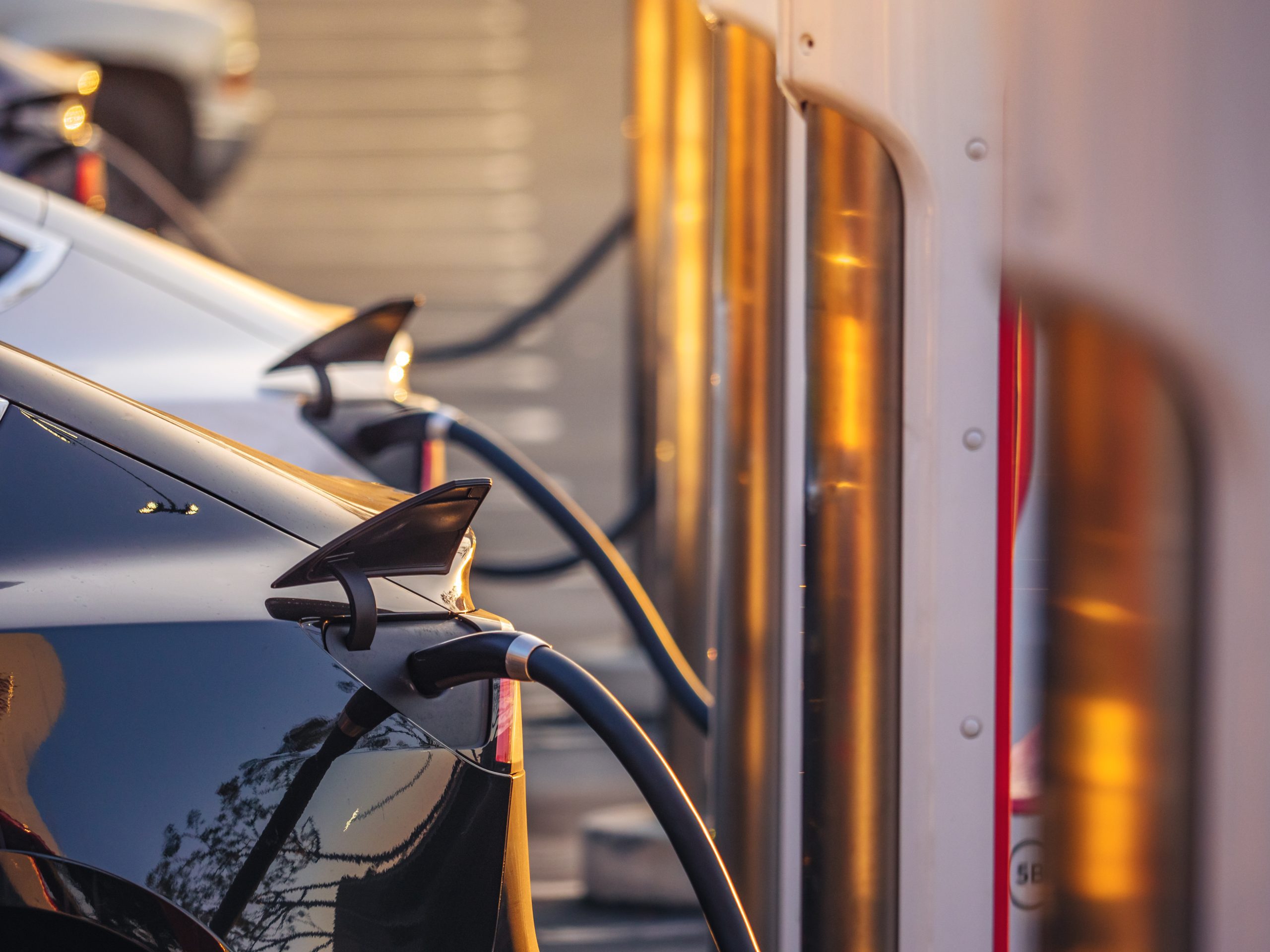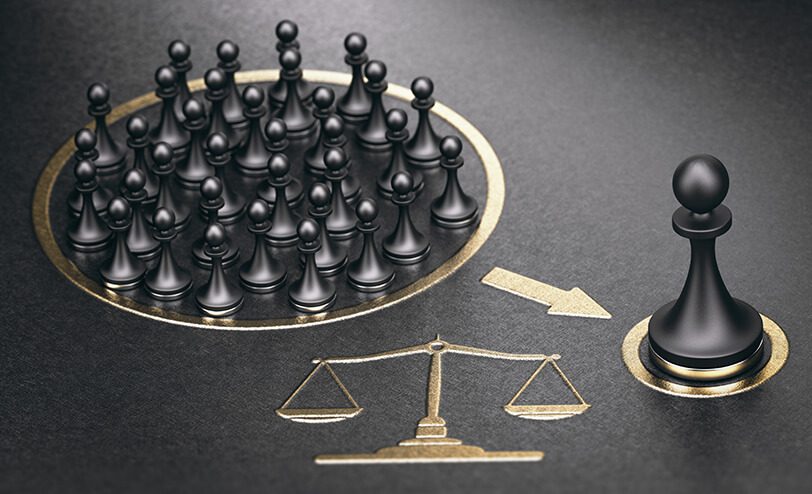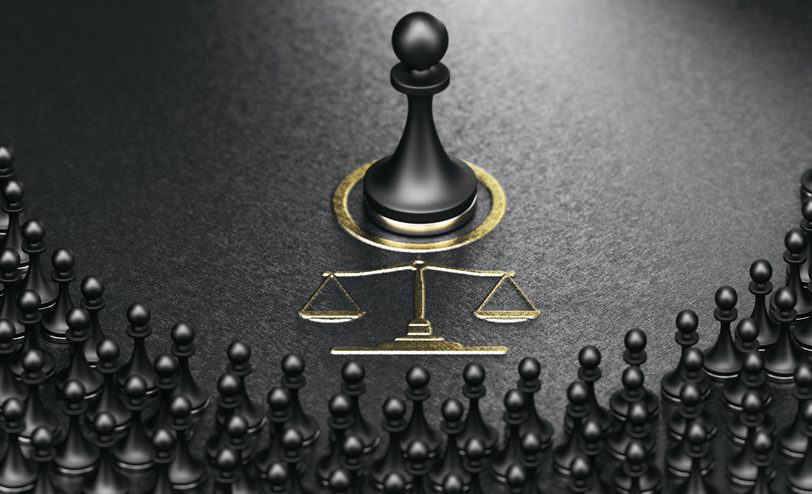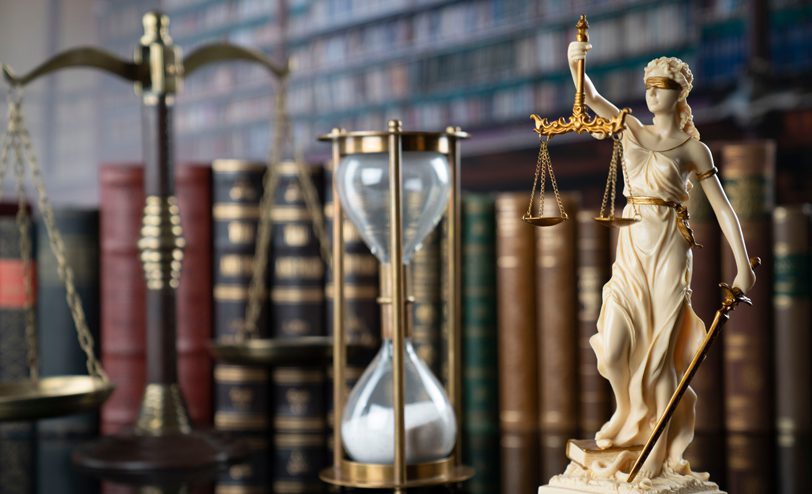Half of the named plaintiffs in a class action lawsuit against Tesla have voluntarily dismissed their cases, following the automaker’s motion to send their cases to arbitration.
The Lawsuit
The lawsuit, filed in May 2023, alleged Tesla’s automatic software updates in certain vehicle models causes battery depletion. The four named plaintiffs, from California, Illinois, Michigan, and Washington, claimed Tesla pushes out software updates for its Model S and Model X vehicles that deplete the battery without warning and reduce the driving range by at least 20%. They further alleged in some cases, the software updates render the battery inoperable, requiring the purchase of a new one at a cost of up to $15,000.
The plaintiffs claimed Tesla knew about this issue from sources such as pre-release and post-release monitoring data, including vehicle testing, complaints, and prior litigation alleging software updates led to decreased performance in certain Model S vehicles. Their complaint alleged violations of the Computer Fraud and Abuse Act, California Computer Data Access and Fraud Act, and California Unfair Competition Law, as well as trespass to chattel.
Tesla’s Motion to Compel Arbitration
On July 27, Tesla asked the court to compel arbitration of two of the plaintiffs’ individual claims, Igor Kravchenko and Micah Siegal. Tesla argued those two entered into arbitration agreements that required them to arbitrate their claims against Tesla on an individual, non-class basis. On August 1, in a short filing, Kravchenko and Siegal voluntarily dismissed their claims against Tesla.
Tesla’s Motion to Dismiss
Also on July 27, Tesla also filed a motion to dismiss the complaint, noting beyond the arbitration defenses it raised against Kravchenko and Siegal, the complaint did not allege facts showing Tesla hacked into, trespassed upon, or intended to interfere with or harm the vehicles via routine software updates.
“Critically absent from Plaintiffs’ Complaint are any facts showing that Tesla hacked their vehicles to perform these software updates or intended to interfere with Plaintiffs’ batteries—which are essential elements of Plaintiffs’ claims,” argued Tesla in its filing. Tesla noted it “makes clear that, like all other vehicles, the battery performance of its vehicles will decrease over time.” Moreover, “Tesla is in the market of selling electric vehicles, its batteries are warranted for years, and its own data shows that is batteries last for more than 200,000 miles on average,” it argued, and “[t]here is no plausible reason why Tesla would intentionally design harmful software updates or that it did so.”
Moving Forward
Tesla has asked the court for a hearing on its motion to dismiss on October 12.
The case is David Bui-Ford et al. v. Tesla, Inc. d/b/a Tesla Motors, Inc., case number 4:23-cv-02321, in the U.S. District Court for the Northern District of California.





